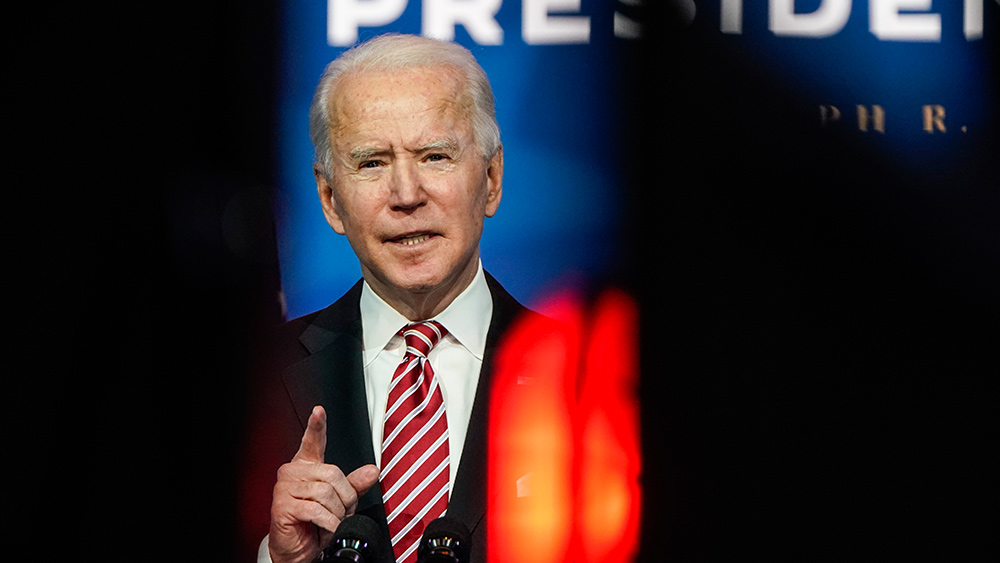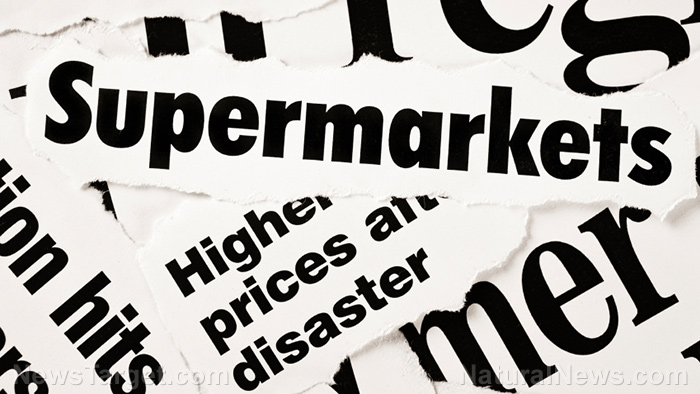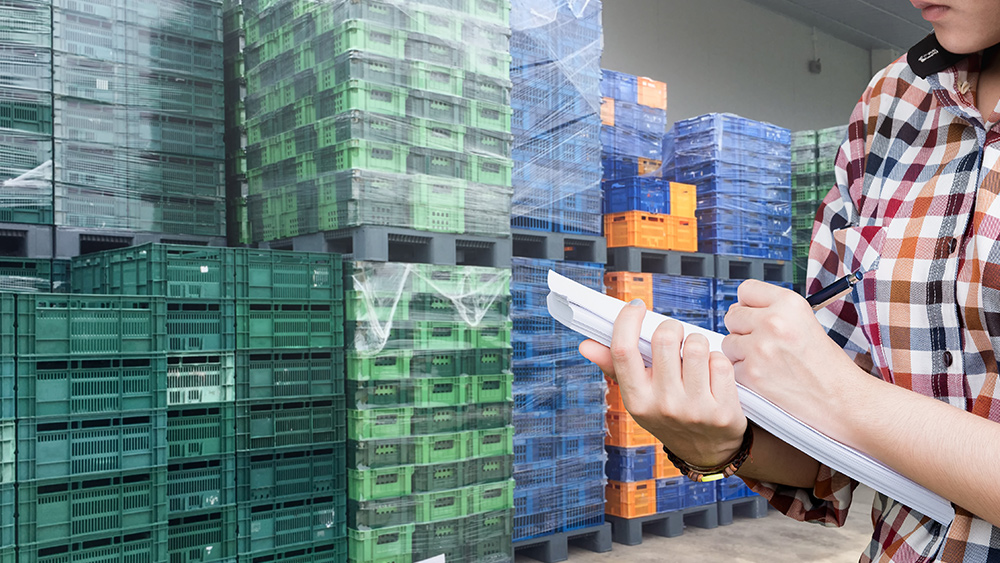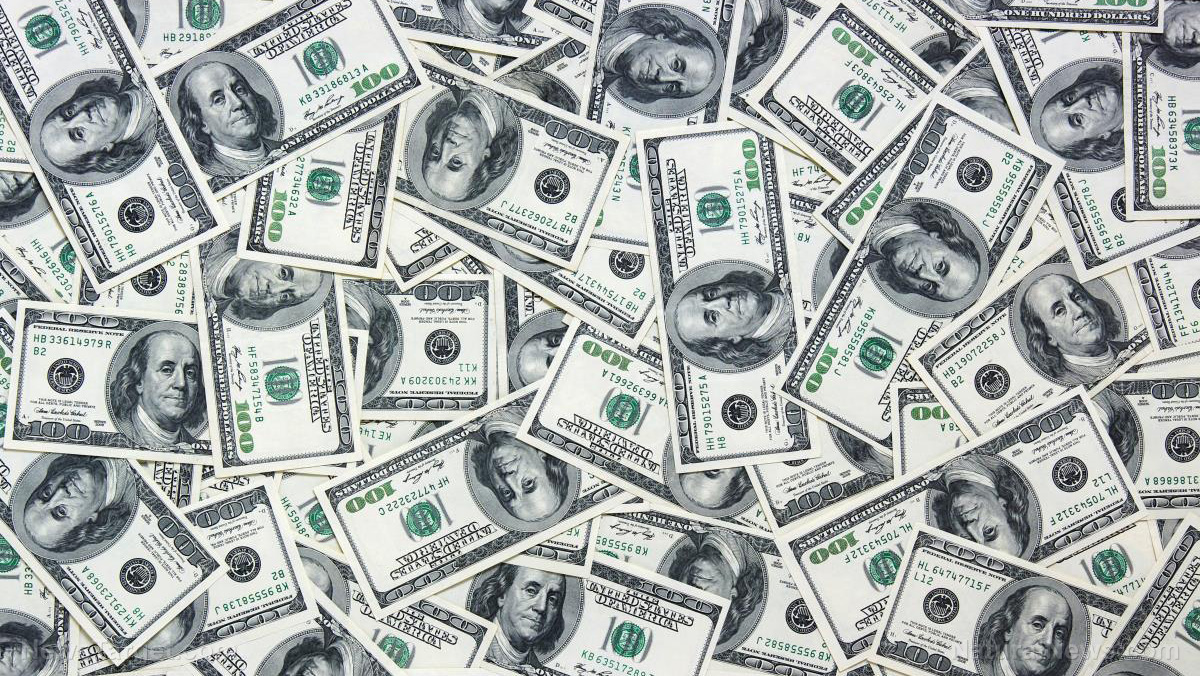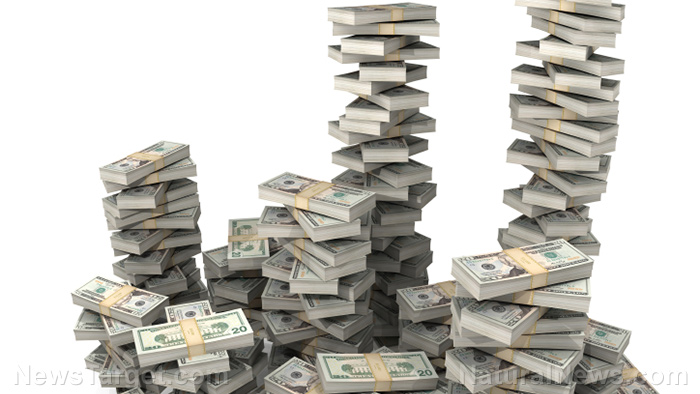Coronavirus now disrupting China’s shipping industry, which will lead to collapse of global supply chain
02/09/2020 / By JD Heyes

As bad as coronavirus is getting in China where the outbreak originated, the effects of the bug are soon going to be felt the world over, even in places where it has yet to make an appearance.
As reported by The Epoch Times, the pandemic is beginning to cause major disruptions in China’s shipping industry as lines are re-routed to reduce virus exposure while other nations are cutting their port calls to the Asian giant.
It’s a worsening situation, say analysts, that could set up delays of goods and components for months ahead.
Because of the virus’ pervasiveness, entire cities have essentially been shuttered — quarantined by Chinese health and government officials battling to curb the spread of coronavirus. So, too, have factories in the worst-afflicted areas.
And global air travel is suffering as well.
The Epoch Times notes further:
China’s decision to extend its Lunar New Year holiday period until Feb. 10 has compounded logistical complications, despite its ports staying open. China is a vital link to the container sector, transporting everything from fresh food to phones and designer clothes as well as industrial parts.
The government extended the Lunar New Year holiday as a means of curbing the virus’ spread, but it’s not working: Tens of thousands are now sick, hundreds are dead, and there is no evidence that the virus is actually being ‘contained.’
As such, the more it spreads, the more the government reacts with quarantines and other restrictions, which only compounds the problem of reduced factory production and delays in getting products shipped.
But the supply disruptions are not all due to China. Major container lines Maersk, MSC, and CMA CGM all have reduced port calls to China over coronavirus fears.
‘This really is the perfect storm’
Already, there has been such a reduction in exports from China to global markets that industries in other countries are shuttering for the time being. One of them is Hyundai Motors in South Korea; the company said it will suspend its production because of a lack of spare parts.
And sea cargo flow disruptions are now making worse an already pressured situation for shipping lines as they have been dealing with weaker global markets and higher costs imposed by new International Maritime Organization regulations over the use of lower sulfur fuel.
Logistics at Chinese ports have also been affected. For instance, truck drivers and port workers have been quarantined either at their homes or otherwise away from their places of employment. Also, warehouses in and around Chinese docks are not functioning at full capacity, either. Ships are being diverted from Chinese ports to South Korea, The Epoch Times reports.
One of the world’s major container terminals at Busan in South Korea has seen a spillover of capacity at 78 percent and that could rise even more from its usual 70-percent level.
“Shippers are parking cargo at our ports, so later, perhaps when the coronavirus dies down and the level of cargo (backlogged in China ports) decreases, they can deploy a small ship to carry these cargo to their destination in Chinese ports,” one port official told the newspaper.
The official added that if container levels grew to 80 percent overcapacity or more, it would become difficult to efficiently operate Busan.
Lasse Kristofferson, the CEO of Norwegian shipping group Torvald Klaveness, said in an interview with Reuters that 25 percent of the company’s container fleet has been affected by cancellations.
“This is largely due to lower volumes on China. This is normal during Lunar New Year, but it seems to us that the volumes are lower than normal for this period — likely impacted by the coronavirus,” he said.
U.S. container firms aren’t faring much better. Industry consultant Jon Monroe, said blank sailings in February were higher than normal, and that even when the virus becomes contained, there will be a rush to ship goods into and out of China, creating logjams.
“Everybody will be making up for lost time. This is really the perfect storm,” he said.
Sources include:
Tagged Under: Busan, China, Collapse, container, container industry, coronavirus, economic collapse, global disruption, manufacturing, outbreak, pandemic, port call, risk, shipping, shipping companies, shipping container, shipping industry, South Korea, supply chain
RECENT NEWS & ARTICLES
COPYRIGHT © 2017 NATIONAL DEBT NEWS

